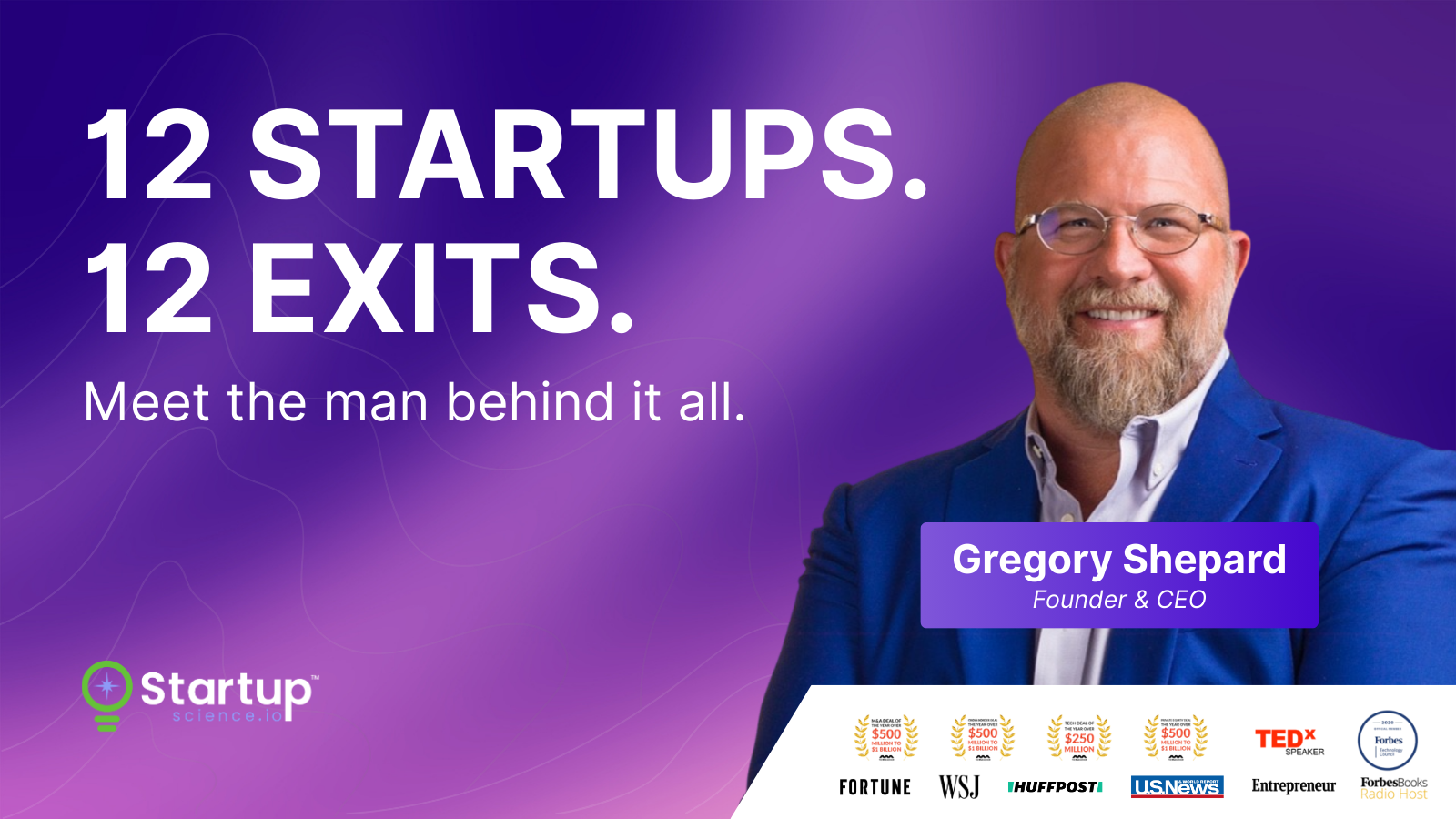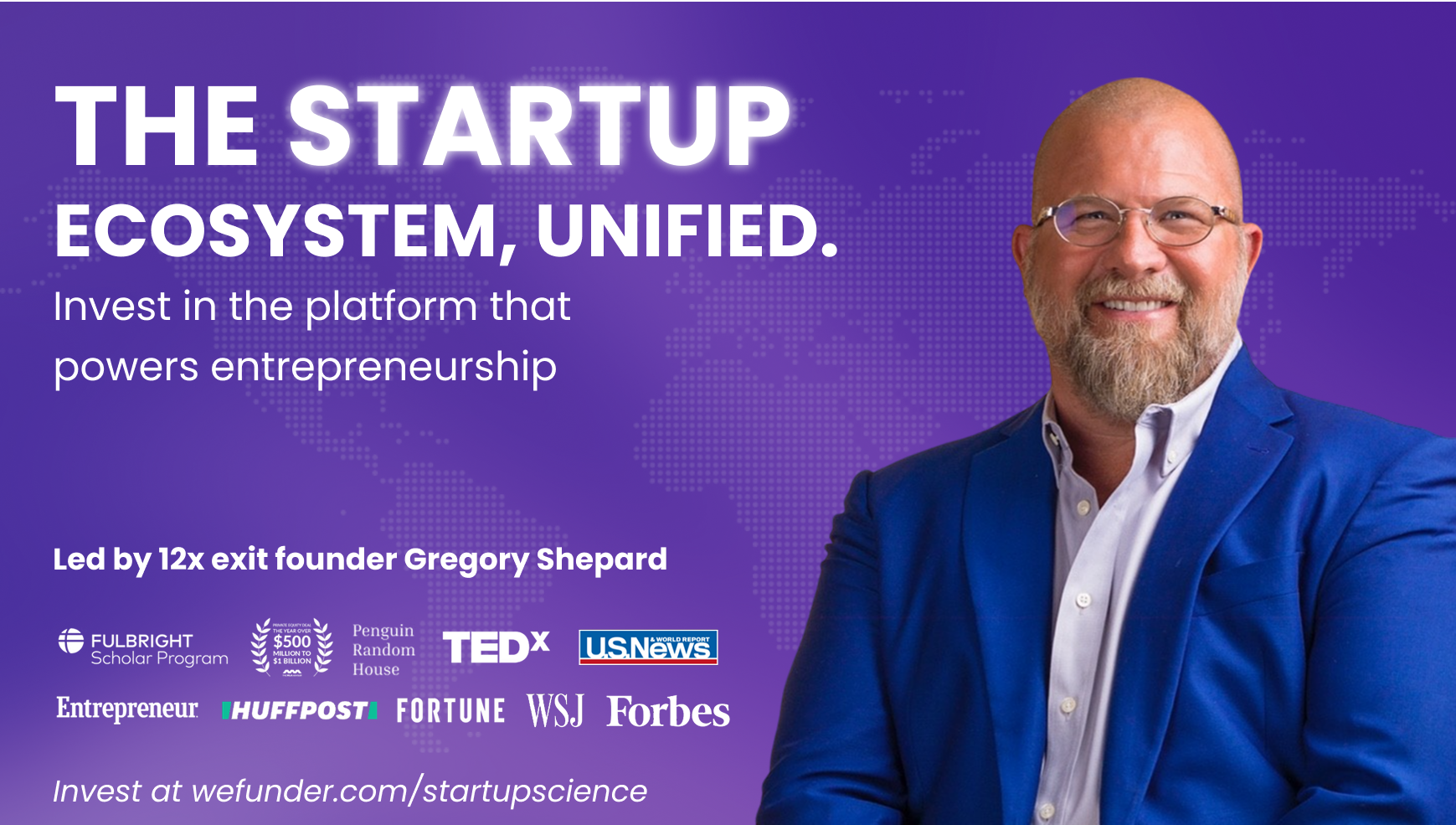Product Ideation Can Come From a Visionary or a Subject Matter Expert

Guy Kawasaki likes to say that great companies do one of three things: increase quality of life, right a wrong, or prevent the end of something good. But you still need to start with an idea.
In our experience, founders who brainstorm successful ideas typically fall into one of two categories: visionaries or subject-matter experts (SME).
Visionaries tend to be industry outsiders who bring a new way of thinking to solving problems. Their idea adds value by fixing an existing problem. In other words, start with a hammer (the product idea), and then go look for nails to whack (problems, even if in a different industry).
An alternative framework is the SME approach. Founders already immersed in an industry can leverage their expertise to identify and solve unaddressed challenges. Once again, your idea adds value by fixing an existing problem, but as a SME, you’re fixing a problem in which you’re well-versed. Here’s an example.
Brian was a SME. For 20 years, he worked as an engineer at Pioneer Junction Water Treatment Facility. While he grew his expertise in wastewater management, he began to improve the systems at the Pioneer facility.
During a regional engineering conference, Brian heard complaints about inefficiencies at other wastewater plants, which his innovations had corrected at his own plant.
He mapped an industry ecosystem and researched how other wastewater facilities addressed the same issue. He realized his solution was more efficient, increased capacity, and came with significant cost-savings.
Brian had an idea, which jump started his own startup. His knowledge of the industry presented him with a problem that his expertise could solve. He also knew the industry well enough to realize that his solution was innovative and cost-efficient.
As an industry SME, Brian only saw his potential market as wastewater treatment facilities similar to his own. But Brian’s friend, Estela, saw beyond the wastewater industry – she was a visionary. Estela wanted to adopt Brian’s innovation to solve problems in other industries, opening up potential customers from large treatment facilities to mining companies and clothing manufacturers.
Brian was a subject matter expert and Estela a visionary, and both approaches led to successful ideas addressing real needs, just from different angles.
Your ecosystem gives you significant insight into your industry landscape, which is essential for identifying gaps, recognizing customer issues, and understanding competitors’ approaches to these problems.
How your idea fits into this landscape better positions you to know if you’re onto something big. If you don’t find a place for your idea within your ecosystem, then you might need to go back to the drawing board.
Look at customer or industry problems as opportunities: the bigger the problem, the better the opportunity. Find what frustrates people, causes inefficiencies, or causes excessive costs—great business ideas start as solutions to these problems.
If you want to learn more about Product Ideation as a Visionary or SME, register here and use the code BCP123 for access. Also, stay tuned for our upcoming webinar with Marty Bickford about Product Ideation as well as our next blog where we share the BOSS Vision Matrix.


